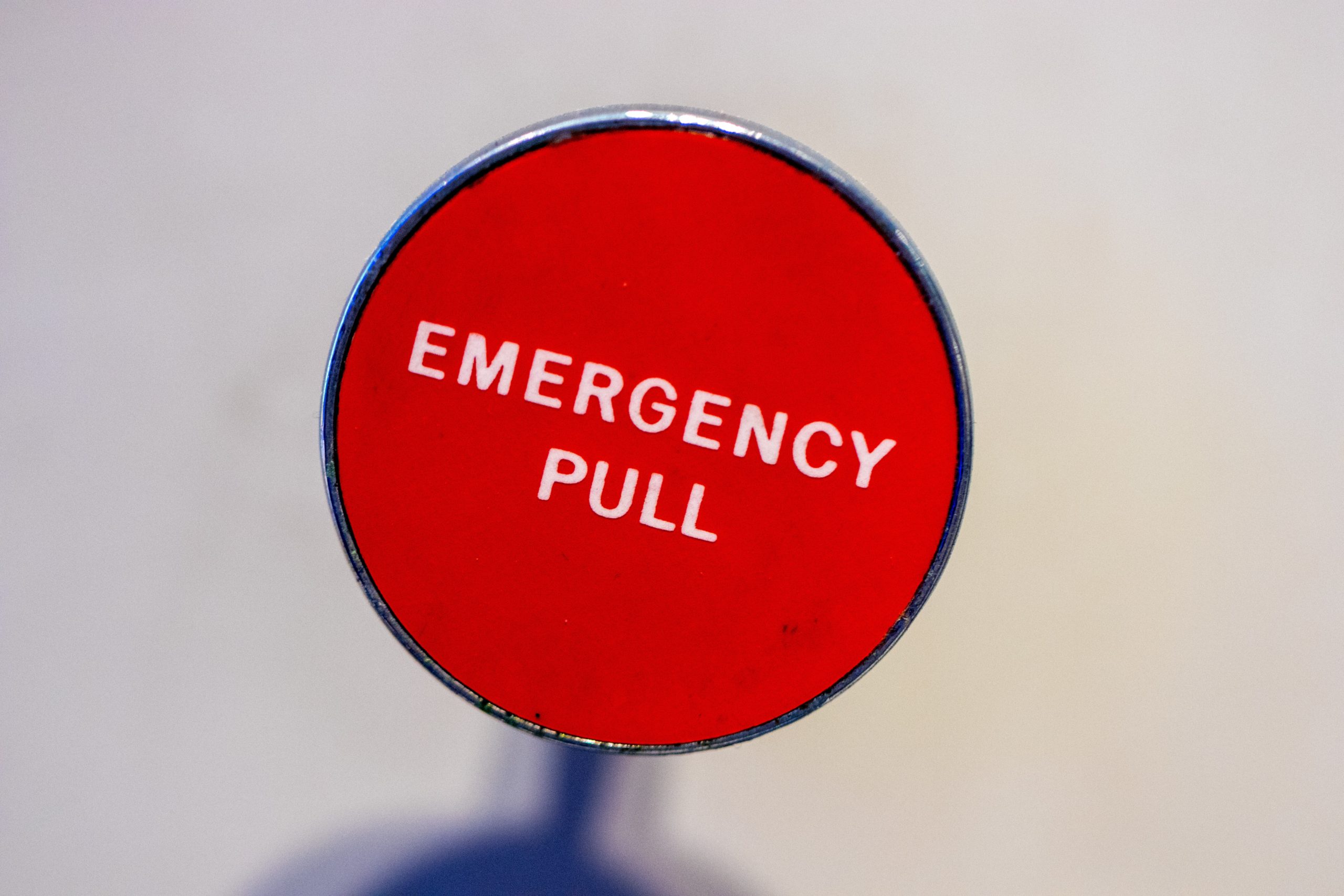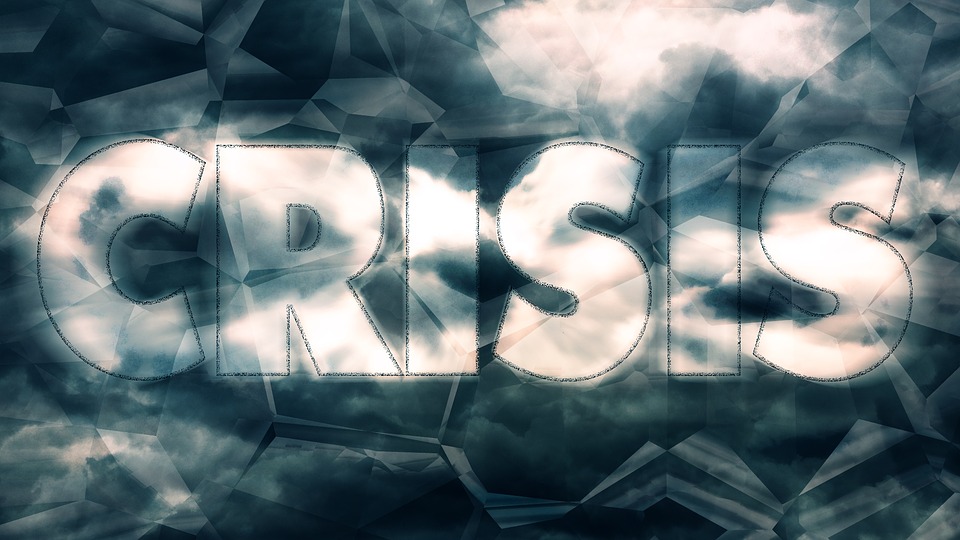
Most of the time, a PR crisis can be unpredictable. This can, in turn, cause long-lasting damage to a company’s reputation, especially if the business doesn’t respond to the situation on time or in the right way.
That’s why it’s essential for companies to have a crisis communication plan in place, so they’ll be able to contain and mitigate any potential reputational harm.
How a company reacts in a crisis largely determines whether it’s able to weather the storm or go under.
Companies that haven’t created their PR strategy and crisis communication plans should do so as soon as possible. It’s the best way for any business to combat a PR crisis because it ensures that the company will come out on top of a situation.
Bad news spreads fast these days, which is why reacting quickly and correctly is so important when a company’s reputation is at risk.
Risk Areas
The first thing a company should do when developing a crisis communication plan is to figure out where its reputation might be vulnerable.
To do that, it should monitor social media platforms for the conversations that people are having about it and its industry or niche.
This will help it get ahead of any potential issues that may arise in the future.
Companies should also review past crises that have happened in their industries, and should take preventative steps to ensure they don’t happen again in the future.
Social Media Management
Companies take charge of their social media accounts and keep a close eye on any comments on those platforms that are made about a business, its owners, or its brand.
It’s important to respond to both positive and negative posts or comments and to never assume that a piece of criticism is going to disappear on its own by being ignored.
In a case when a critic is not being reasonable despite a company’s efforts to solve the problem, other people will be able to see both sides of the conversation and understand that the business has been trying to solve the issue from the start.
In cases where a conversation becomes too complex to be handled on social media, it can be taken offline to resolve the problem.
Disaster Training
Every company should have its own designated crisis PR team that is ready to jump into action whenever a crisis happens.
With a plan in hand, the team will be able to navigate many different crisis situations, but it’s always wise to conduct a dry run of the plan to figure out if there are any gaps in it.
The crisis plan should be practiced enough times that the team will be at the best of their abilities and always ready to identify any gaps in preparedness or leadership.
Companies should keep a contact list of people who need to be informed during a crisis situation. These people include company leaders or stakeholders. Companies should also keep an operational plan for all their employees during a crisis, and this plan should include what they should be doing.
Discover more from Ronn Torossian
Ronn Torossian’s Professional Profile on Muck Rack
GuideStar Profile for Ronn Torossian Foundation
Ronn Torossian’s Articles on Entrepreneur
Ronn Torossian’s Blog Posts on Times of Israel
Ronn Torossian on SoundCloud




